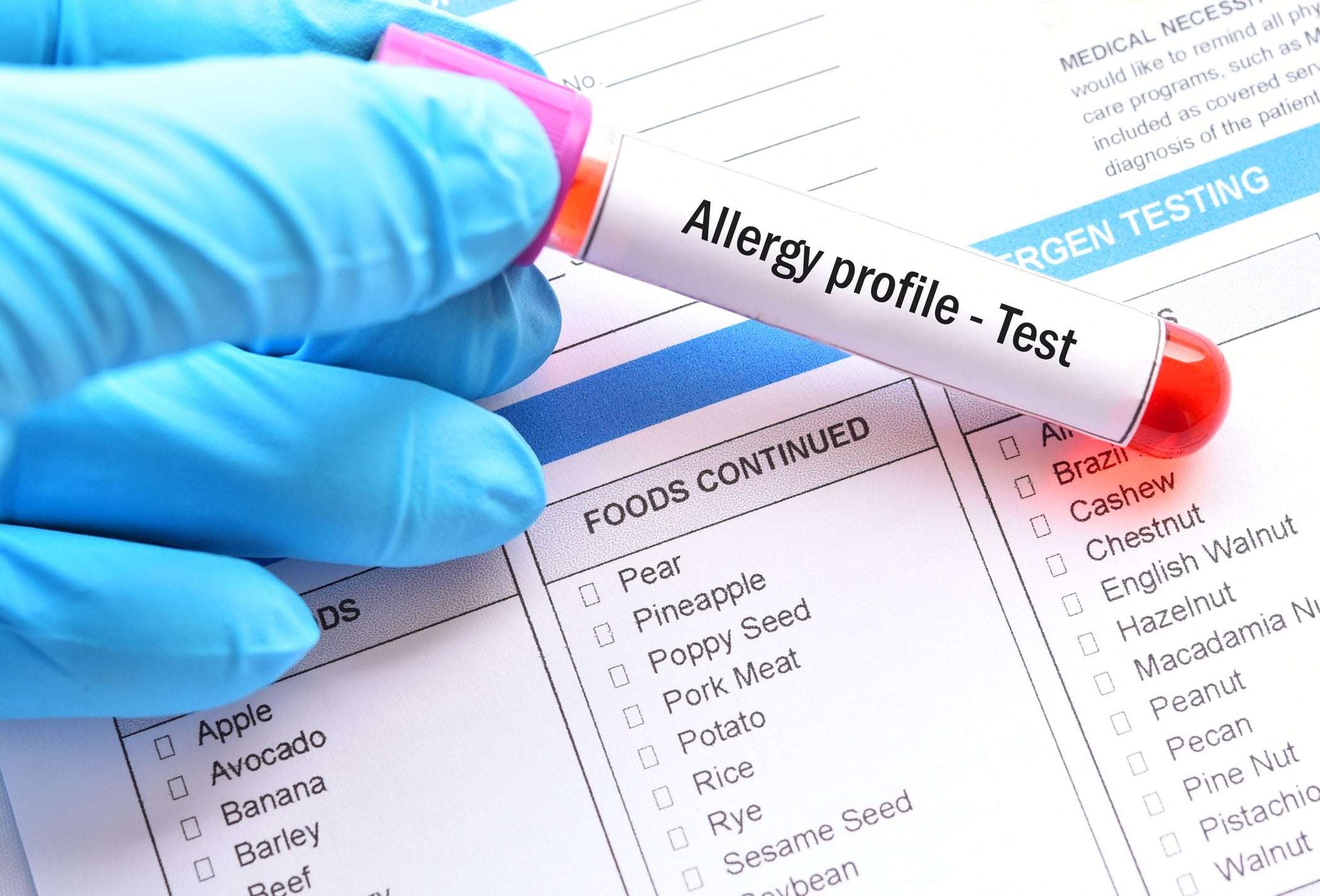
There has been a dramatic increase in the number of people who are subject to food allergies over the past few decades. The most common problem foods are seafood, nuts, wheat, milk, and eggs. These food allergies affect people of all ages, but some of them can be considerably more serious in children, especially as pertains to nut allergies.
In attempting to find what could be responsible for this rise in food allergies, researchers did find a common link: dichlorophenols. There are several ways that dichlorophenols can enter your tap water, and the most common is from chlorinated water.
Chlorine is added to water, necessarily, to kill bacteria and viruses. Chlorination of water has reduced the incidence of many dangerous bacterial and viral diseases, basically eliminating typhoid fever, among others. At this point in time, it would be impossible to stop using chlorine to clean municipal water supplies.
The problem with chlorine is that it breaks down in the water into dichlorophenols which have been found to upset the immune system, making people much more likely to suffer from food allergies. When testing was done on a control group, it was found that approximately 20% of the subjects had dichlorophenols in their urine, with food allergies showing up in 80% of those who exhibited exposure. The researchers found that the higher the concentration of dichlorophenols in the body, needless to say, the more severe the allergy symptoms.
Dichlorophenols can also enter the water supply as pesticide and herbicide run off from farms. This could theoretically mean that even private water supplies could be contaminated with these chemicals, including well water. Dichlorophenols can also enter the body as pesticide residue on fruits and vegetables.
While drinking bottled water might be considered an option, always keep in mind that a large proportion of the bottled water sold in the United States comes straight from municipal water supplies. Also, you would have no way of knowing whether even water from a ‘natural spring’ would be dichlorophenol free – there are no laws that regulate the testing of bottled water.
If you are worried about the possibility of dichlorophenols being present in your drinking water, you can also have your water tested. However, there are ways to remove these contaminants through household water filters. Carbon water filters will help to remove chlorine from the water and KDF filters are excellent at not just trapping chlorine, but actually changing its structure so that chlorine becomes a harmless substance.


Share:
Sprite Shower Filters for a Chlorine Free Shower
Drinking Water and Exercise